Home>Ideas and Tips>Understanding Your Property Tax Assessment In Illinois
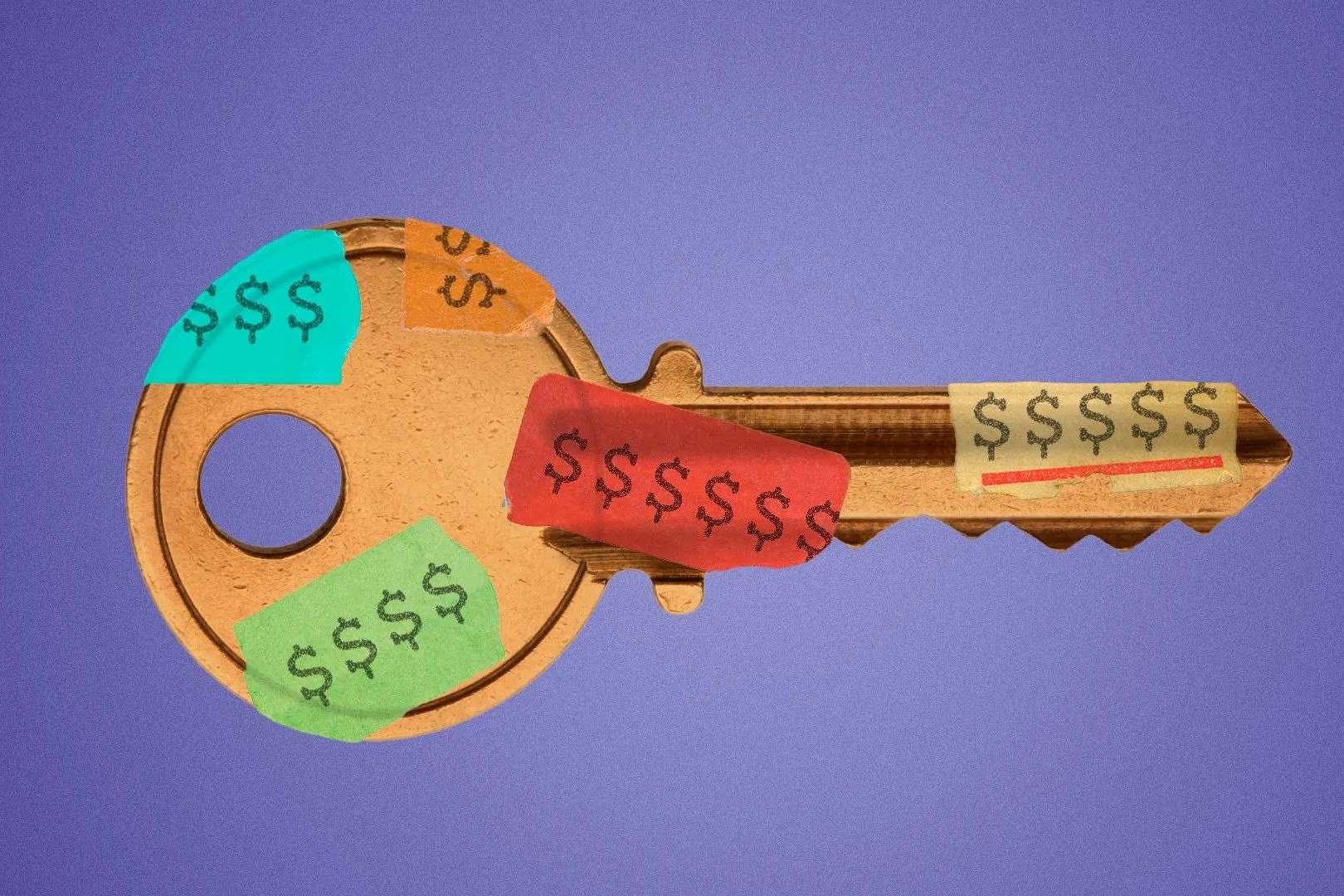

Ideas and Tips
Understanding Your Property Tax Assessment In Illinois
Published: September 26, 2024
Learn how property tax assessments in Illinois are calculated, their impact on your tax bill, and tips for managing your property tax liabilities effectively.
(Many of the links in this article redirect to a specific reviewed product. Your purchase of these products through affiliate links helps to generate commission for Storables.com, at no extra cost. Learn more)
Understanding property tax assessments in Illinois can seem like a daunting task, but it's essential for homeowners and businesses to grasp how their taxes are calculated. Property taxes fund crucial public services like education, infrastructure, and public safety. So, how exactly are property taxes assessed and calculated in Illinois?
Property tax assessments are the bedrock of property tax calculations. The assessed value of a property determines how much of the overall property tax burden falls on each property owner. In Illinois, this process is governed by the Property Tax Code, which outlines the procedures for determining property values and calculating tax liabilities.
How Assessments Are Made
The assessment process in Illinois involves several key steps:
-
Evaluation of Property Value: Local government authorities, typically county or township assessors, evaluate the market value of each property. This evaluation is based on the "fair cash value," which is what the property would sell for on the open market.
-
Use of Assessment Approaches: Assessors use three standard approaches to calculate property values: the cost approach, the market data approach, and the income approach. The cost approach involves estimating the cost to replace or reproduce the property. The market data approach compares the subject property to similar properties that have recently sold. The income approach considers the income generated by the property, such as rental income.
-
Determination of Assessed Value: The assessed value is typically set at a percentage of the fair cash value. In most counties in Illinois, this percentage is 33.33% (one-third) of the fair cash value. However, in Cook County, vacant parcels and residential properties are assessed at 10% of fair cash value, while businesses and industries are assessed at 25% of fair cash value.
The Role of Local Governments in Property Taxation
Property taxes in Illinois are levied by local government taxing districts, which include municipalities, school districts, counties, and other local entities. These districts determine the tax rates that will be applied to the assessed values of properties within their jurisdiction. The collective tax rates of these districts contribute to the overall tax burden on property owners.
Taxing Districts and Their Roles
-
Municipalities: Municipalities provide a range of services including public safety, infrastructure maintenance, and community development. Their tax rates contribute significantly to the overall property tax burden.
-
School Districts: School districts are among the largest recipients of property tax revenues. These funds are used to finance education services from kindergarten through high school.
-
Counties: Counties provide services such as law enforcement, transportation infrastructure, and social services. They also manage county-level administrative functions.
-
Special Districts: Special districts like park districts and library districts also impose property taxes to fund specific services.
Understanding Your Property Tax Bill
Once assessments are complete, property owners are notified of their new assessment values. This notification typically includes information about the assessed value, tax rate, and total tax liability. Here’s a breakdown of how this information is used:
Assessed Value
The assessed value is the foundation of the property tax calculation. It represents the estimated market value of the property as determined by local assessors. For most properties in Illinois, this value is set at 33.33% of the fair cash value.
Tax Rate
The tax rate is a percentage determined by various local taxing districts. This rate is applied to the assessed value to calculate the property tax liability. The collective tax rates of these districts contribute to the overall tax burden on property owners.
Tax Bill
The property tax bill is the result of multiplying the assessed value by the tax rate. It represents the actual amount that property owners are required to pay in property taxes. The tax bill includes contributions to various local services such as education, public safety, infrastructure, and more.
How to Assess the Fairness of Your Property Assessment
To determine if your property assessment is fair, you need to compare it with similar properties in your area. Here are some steps you can take:
-
Review Your Assessment Notice: Carefully review your reassessment notice for any errors or discrepancies in the description of your property.
-
Compare with Similar Properties: Use data from the Cook County Assessor's Office or other local sources to compare your property with similar ones in your neighborhood. This data can help you understand if your assessed value is accurate relative to other properties.
-
File an Appeal: If you believe that your new proposed assessed valuation is too high compared to similar properties in your area, you can file an appeal with the Assessor's Office. Personal assistance and information, including forms and specific guidelines for filing appeals, are available from the Taxpayer Services Department.
-
Additional Appeal Options: If you miss the filing period for appeals with the Assessor's Office, you have an additional opportunity to file an appeal with the Cook County Board of Review.
Navigating the Property Tax Appeal Process
Filing an appeal for a property tax assessment involves several steps:
-
Initial Appeal: The first step is to file an appeal with the Assessor's Office. This must be done by the date noted on your reassessment notice.
-
Cook County Board of Review: If you miss the filing period for appeals with the Assessor's Office, you can still file an appeal with the Cook County Board of Review. This board provides an additional opportunity for taxpayers to challenge their assessments.
-
Property Tax Appeal Board (PTAB): Taxpayers may also seek relief by filing a complaint with the Property Tax Appeal Board (PTAB). This board hears appeals related to property tax assessments and makes decisions based on the evidence presented.
Managing Your Property Tax Liabilities
Understanding how property taxes are calculated empowers property owners to anticipate their tax obligations and plan their finances accordingly. Here are some tips for managing your property tax liabilities:
-
Stay Informed: Regularly review your property tax notices and stay informed about any proposed increases in spending by local governments. This information can help you anticipate changes in your tax bill.
-
Compare with Neighbors: Comparing your property's assessed value with those of your neighbors can help identify potential errors or discrepancies in the assessment process.
-
Seek Assistance: If you are unsure about any aspect of the property tax process, seek assistance from local authorities or tax professionals. Personal assistance and information are available from the Taxpayer Services Department and local township assessors.
-
Plan Ahead: Anticipate your tax obligations by understanding how changes in assessments or tax rates might impact your property tax bill. This proactive approach can help you manage your finances more effectively.
Understanding your property tax assessment in Illinois is crucial for effective financial planning and contributing to the community. By grasping the intricacies of the assessment and collection process, property owners can anticipate their tax obligations, plan their finances, and participate in opportunities to manage their property tax liabilities. Whether you own a cozy home or manage a bustling business, being informed about property taxes is paramount to responsible property ownership and community participation.
Was this page helpful?
At Storables.com, we guarantee accurate and reliable information. Our content, validated by Expert Board Contributors, is crafted following stringent Editorial Policies. We're committed to providing you with well-researched, expert-backed insights for all your informational needs.

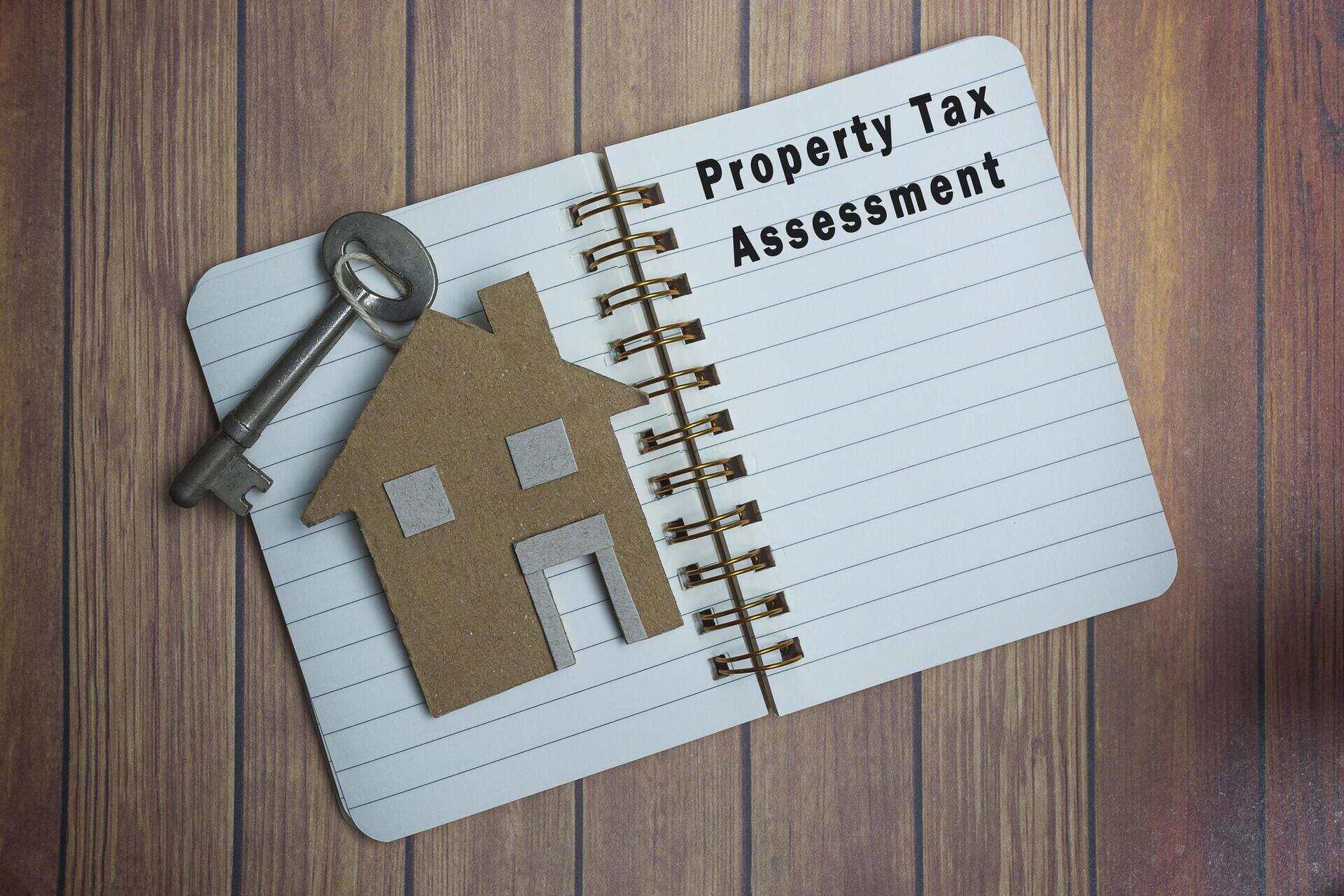


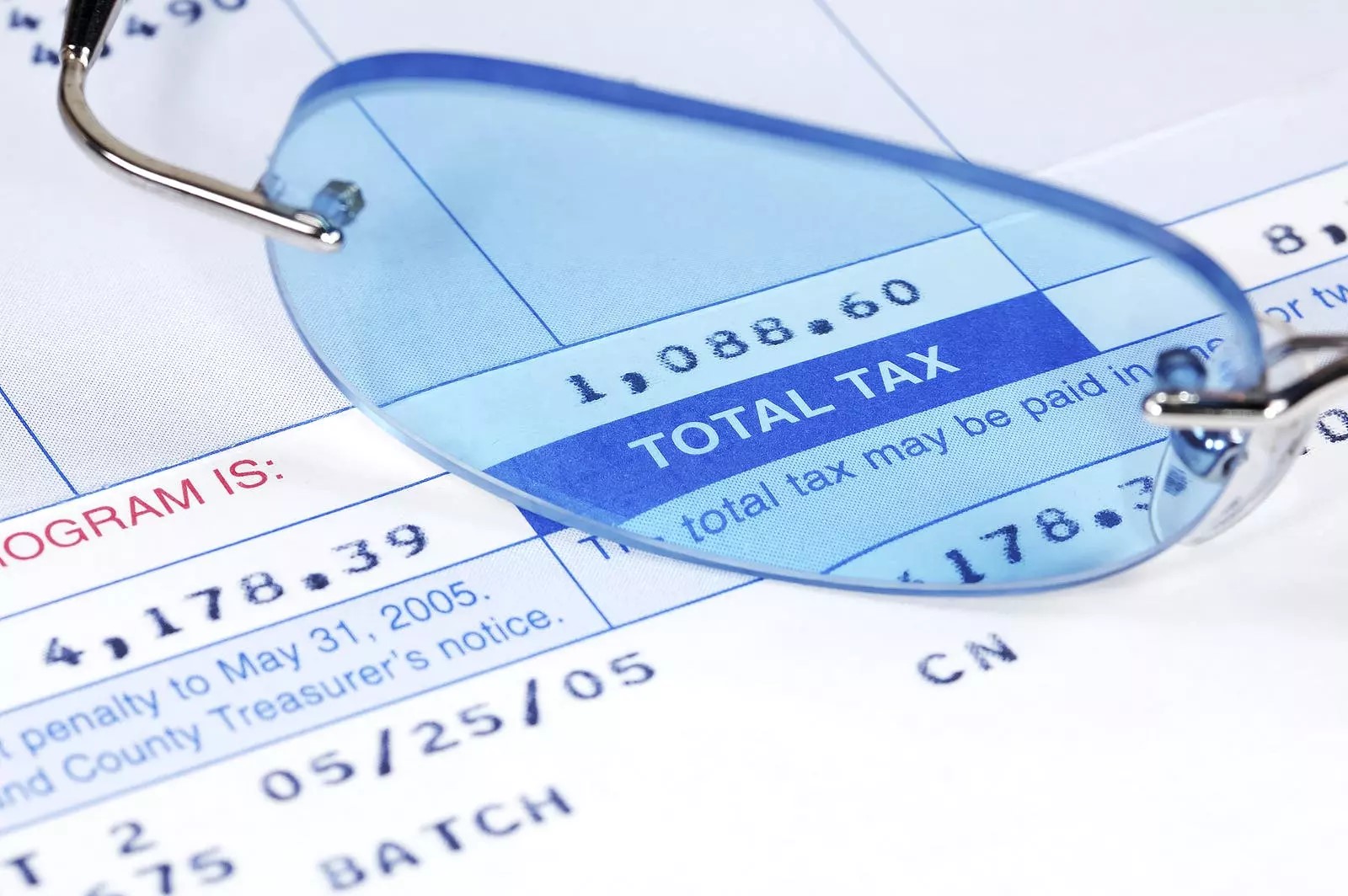





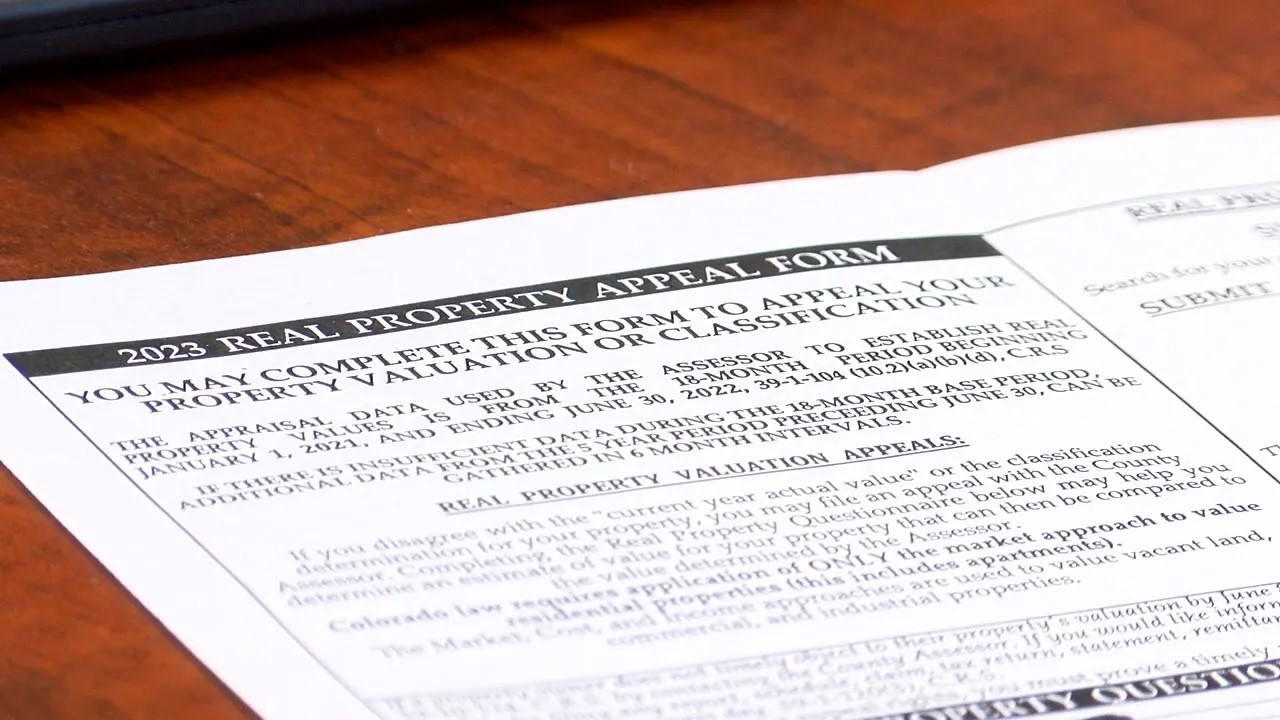
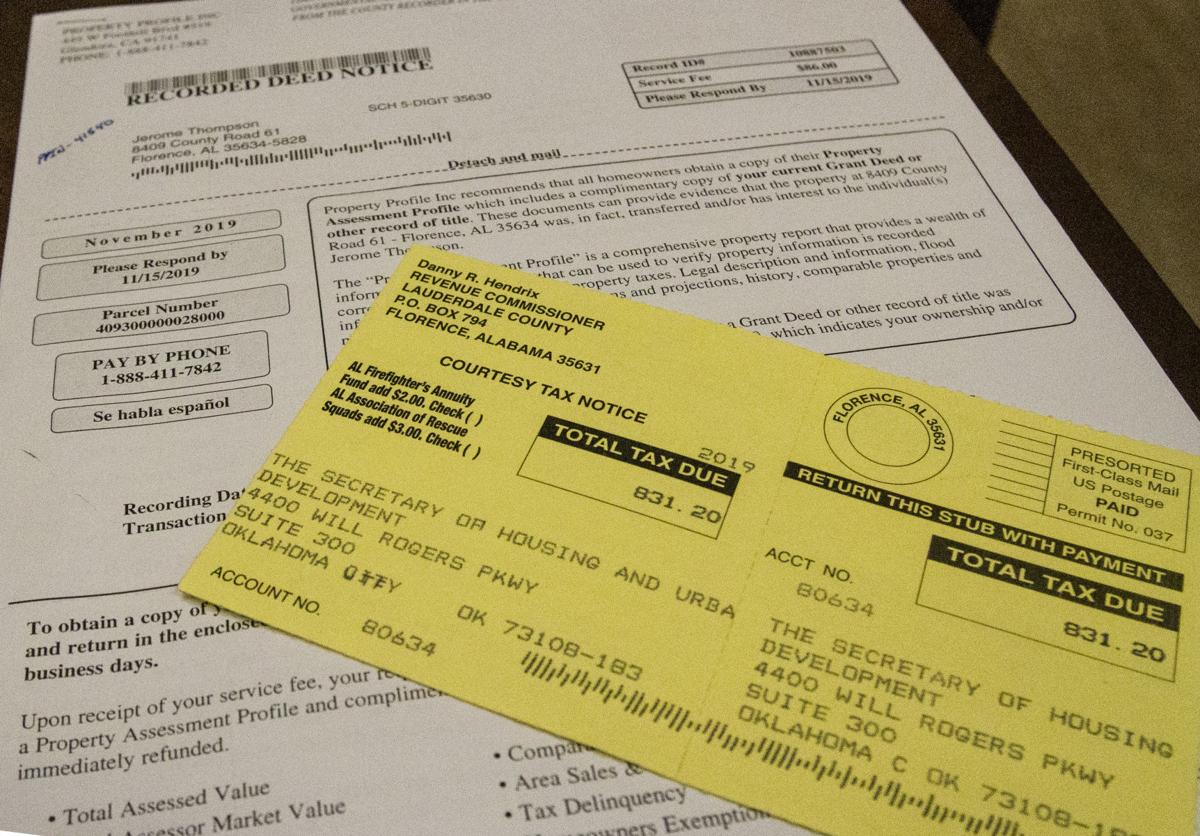
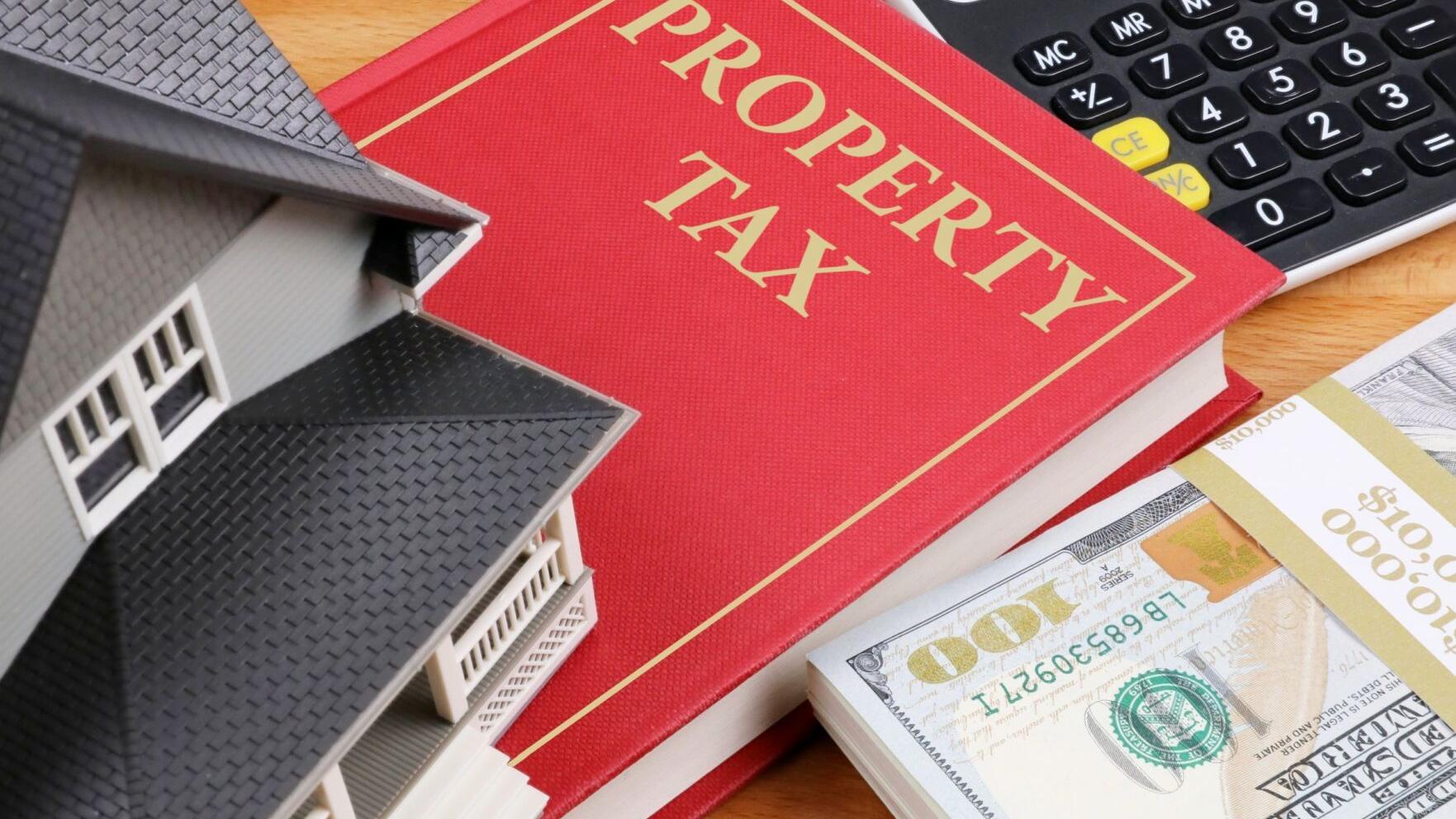


0 thoughts on “Understanding Your Property Tax Assessment In Illinois”